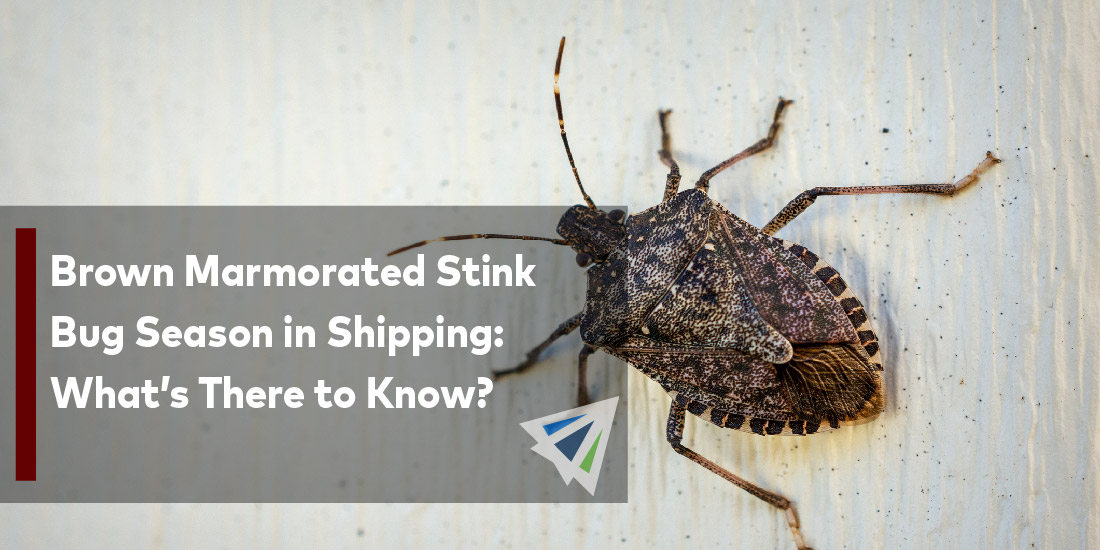The Brown Marmorated stink bug (BMSB) was originally native to Asia but was then imported on accident to North America in the late 1990s, and also hit some European countries after 2000.
This stink bug is between 14 and 17 millimeters, about the size of a dime. The bug typically immerses itself in vehicles, homes, and factories throughout autumn, and looks for shelter during the winter.
It also causes concern for farmers because it feeds on a large number of crops and ornamental plants during it’s immature and adult life, according to the U.S. Environmental Protection Agency.
While we’re at the tail end of the BMSB season, which runs from September to the end of April, here are some insights and things to know about BMSB season.
Regulations in Australia and New Zealand
Australia
The Department of Agriculture, Fisheries, and Forestry has implemented new seasonal measures for this BMSB risk season that runs from September 1, 2023 to April 30, 2024.
If your goods are classified as target high risk, they will require mandatory treatment. If your goods are classified as target risk, they will only be subject to random inspections.
Additionally, if your goods are classified as neither target risk or high risk, they will not be subject to BMSB measures – unless they are packed with target risk or high risk goods.
Any and all shipment goods much be presented/packaged effectively for BMSB treatment to be conducted. Packaging materials such as cardboard, plastic, and timber packaging or pallets will not be subject to BMSB measures. But all packaging materials must meet non-commodity requirements.
Some new requirements this year include:
- Uzbekistan being added to the Target Risk Country List.
- The United Kingdom and China continue to be sought as emerging risk countries for the 2023-2024 BMSB risk season. Chapters 39, 94 and 95 will be subject to random inspections for emerging risk countries only.
New Zealand
The Ministry for Primary Industries (MPI) has proposed the seasonal BMSB measures for this year which will apply to new/used target vehicles, machinery, and parts exported from BMSB-risk countries during the risk season. As well as sea containers exported from Italy during BMSB-risk season.
To make sure BMSB measures are working effectively, accredited persons are approved by MPI to unpack cargo at transitional facilities and look for any sign of pests. The public also has an obligation – under the Biosecurity Act 1993 – to notify MPI if they see any risk pests, i.e. BMSB.
Looking Ahead
Both Australia and New Zealand have aligned their BMSB management measures – risk countries, treatments, and approved treatment providers – as much as possible. But there are some differences, you can read about them here.
Should you have any questions regarding this and how it could impact your shipments, please reach out to our team today.
Additionally, we have our weekly market updates that can provide you with relevant freight news, updates, developments across the industry, and more.
[LIVE] Join our monthly webinar sign-up list!

